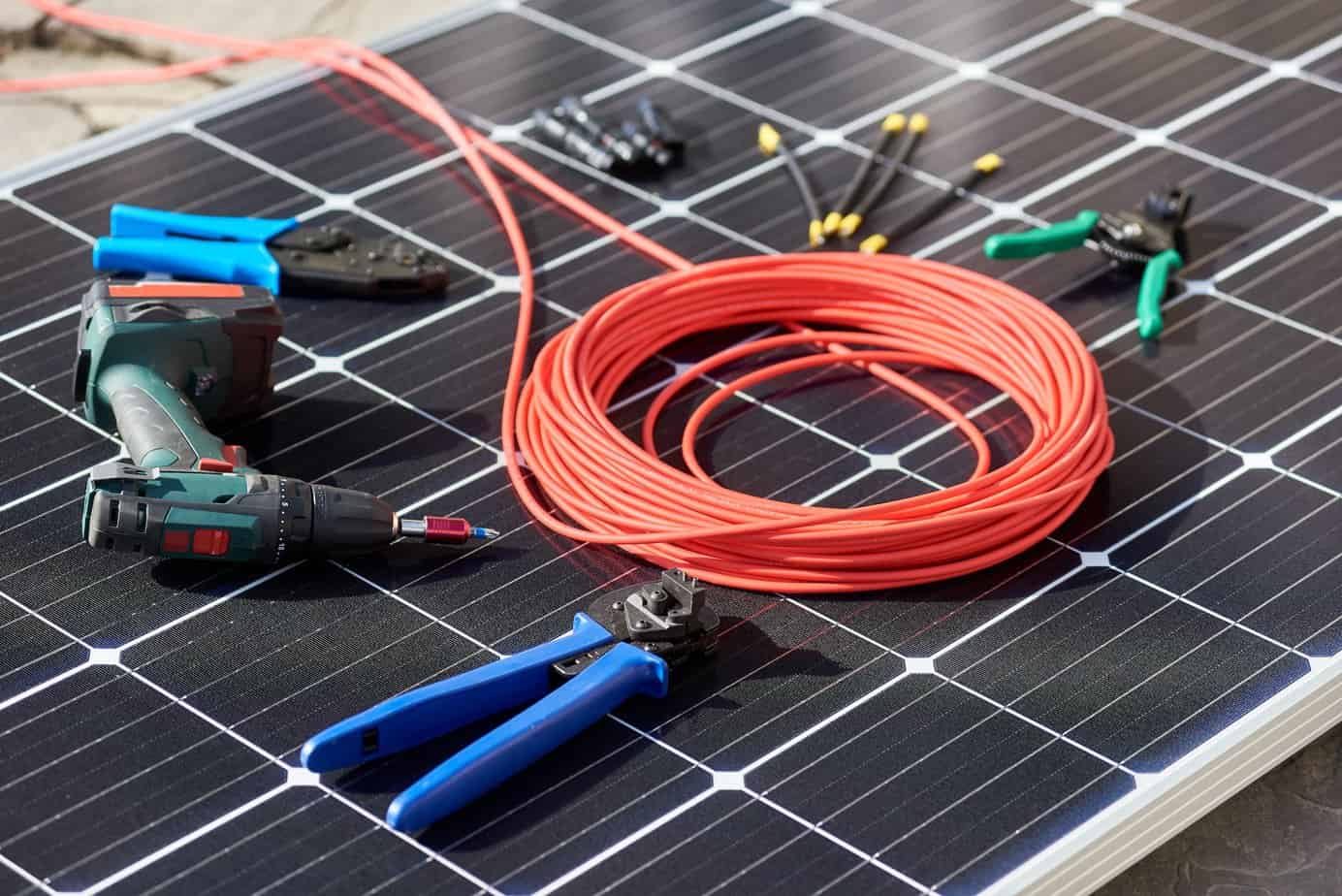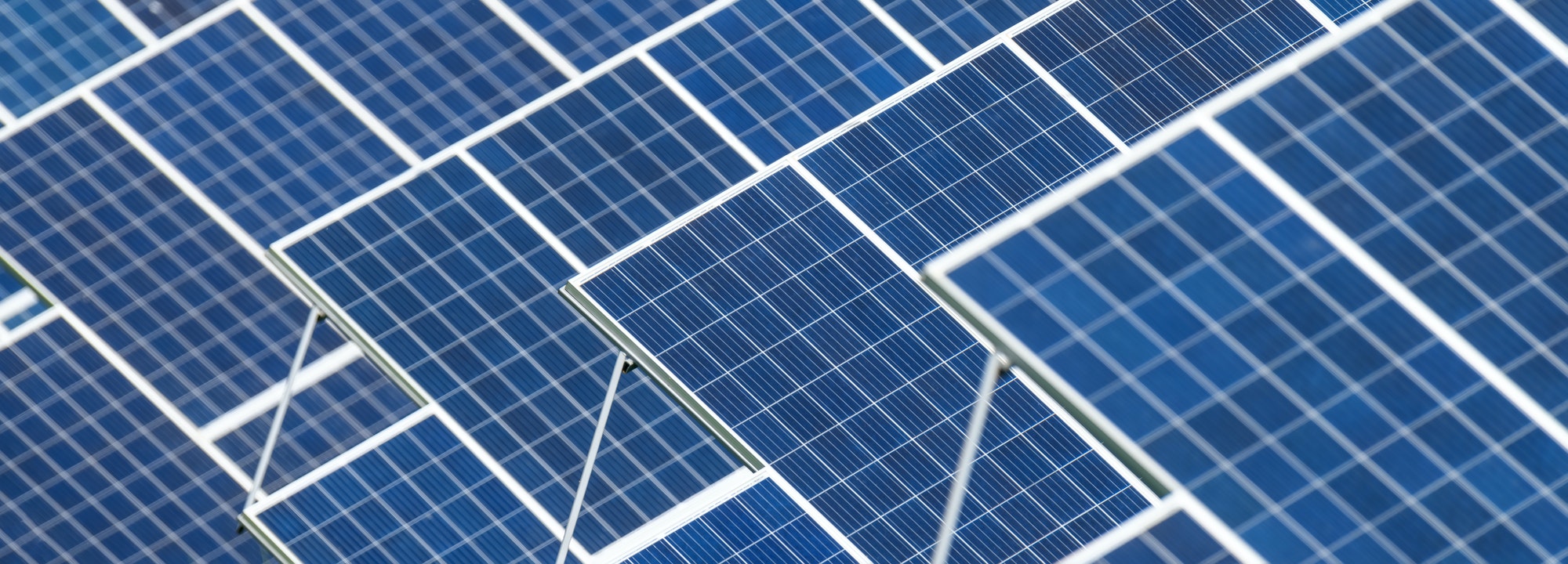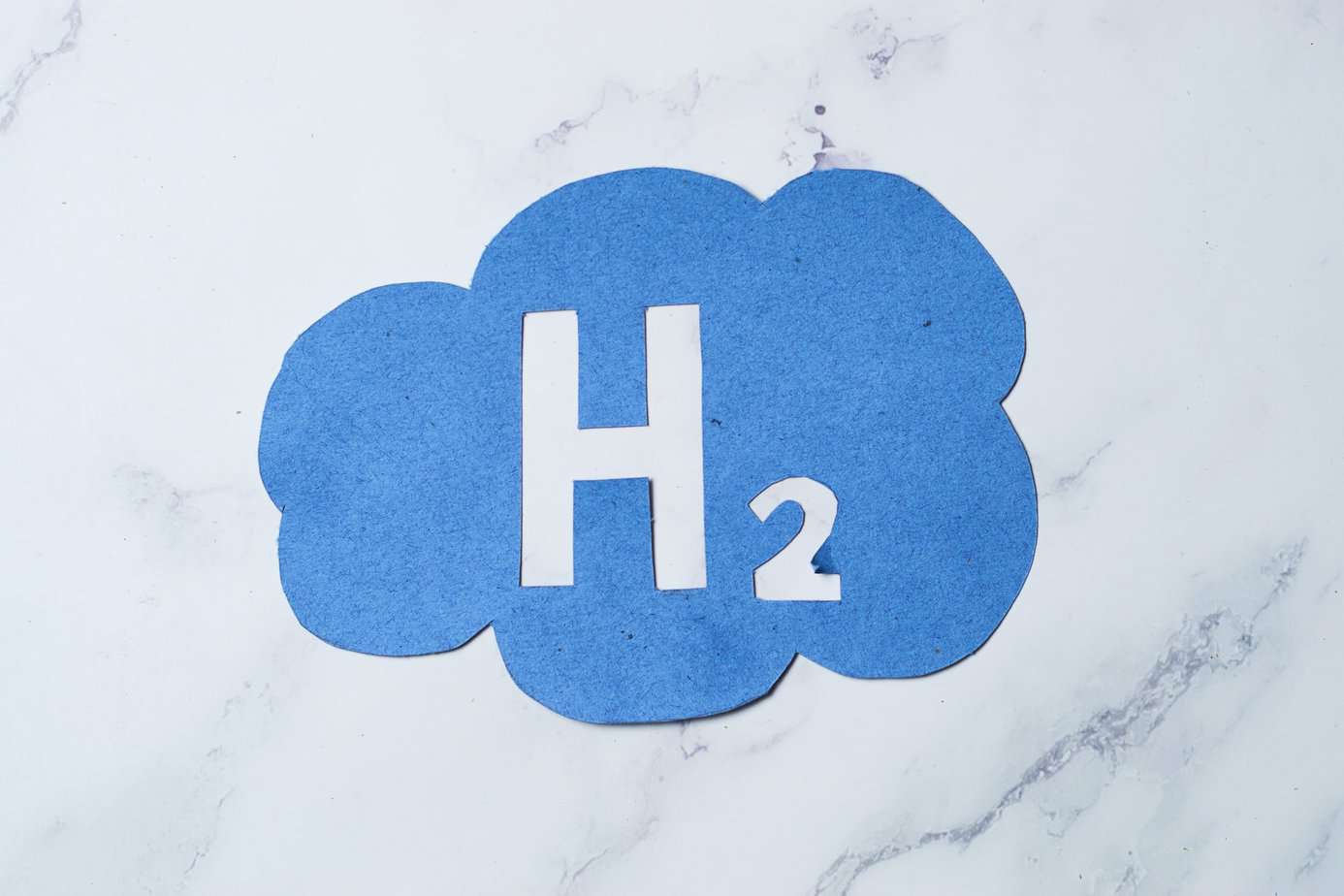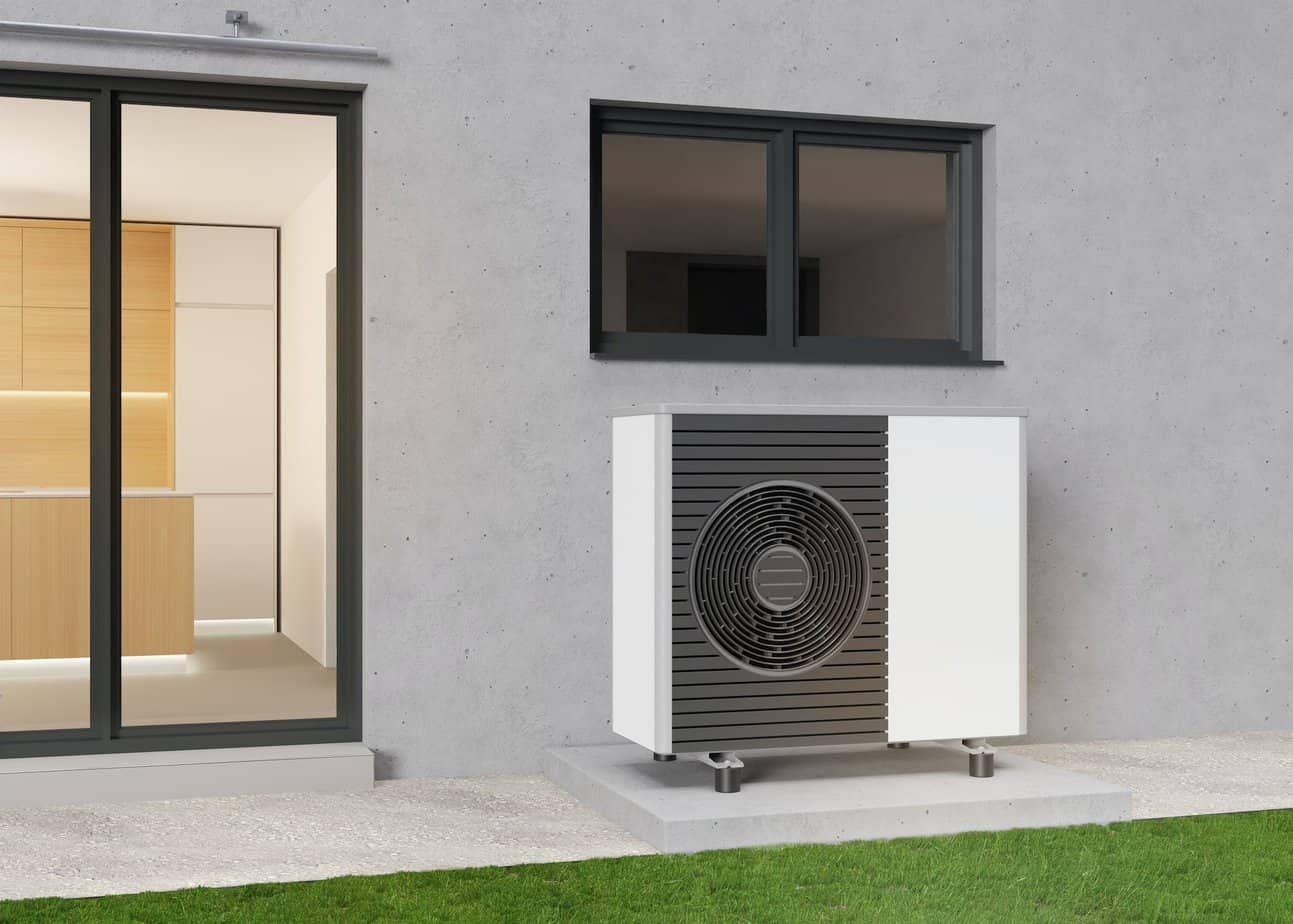Are you ready to unlock the true power of your solar energy system?
Imagine harnessing the sun’s energy during the day and around the clock. With the power of battery storage technology, you can take your solar panel experience to a whole new level.
In this blog, we’ll break down everything you need to know about battery storage for your existing solar panel system.
We’ll explain its functionality, efficiency benefits, ideal placement, and usefulness during power outages.
But first, we’ll look at what exactly we mean when we talk about solar battery storage.
Get ready to unleash the true potential of your solar energy system with the simplicity and convenience of battery storage.
What is solar panel battery storage?
A solar battery is a clever device designed to capture and store the surplus electricity your solar panel system generates.
Typically, the excess power your solar panels generate but isn’t used either flows back into the grid or goes to waste. In fact, you’re likely bidding farewell to over 60% of the electricity your solar PV panels produce.
But with a solar battery, you have the power to preserve that untapped energy for later. This reduces your energy costs and lightens your reliance on external power sources.
How does it work?
If you’re wondering how solar battery storage systems work, the process can be broken down into four simple steps:
- Charging: When your solar panels produce more electricity than you need, the extra power goes into the solar battery for storage. It charges the battery automatically until it’s full.
- Conversion: The excess electricity is converted into a type that the battery can store (direct current or DC). This conversion makes sure the electricity matches what the battery needs.
- Storage: The DC electricity is stored in the solar battery, usually using a technology called lithium-ion. It stays there until you want to use it, like at night or when your solar panels aren’t making enough power.
- Discharging: When you need electricity and your solar PV system can’t provide enough, or it’s dark outside, you can use the power stored in the battery. The stored electricity is converted back to the type your home uses, which you can use to power your devices.
How much more efficiency will I get when my solar panels have a battery?
According to The Eco Experts, the average three-bedroom household will save £783 per year with the addition of a solar battery system.
This works out to save 29% more on your energy bills than you would with solar panels alone.
This happens for a few different reasons. Firstly, solar batteries reduce your dependence on expensive grid electricity. By using stored energy, you can tap into your own power supply instead of relying on pricier grid electricity.
At the same time, many energy providers offer different pricing structures based on the time of day, with higher rates during peak hours and lower rates during off-peak hours.
With a solar battery storage system, you can strategically store electricity when rates are low, typically during off-peak hours, and use it when rates are higher.
By avoiding the purchase of grid electricity when prices are at their highest, you can amplify your savings even further.
Where should you place your solar battery?
The best place for battery systems depends on your specific situation. Here are some simple considerations.
Proximity to solar panels
Putting the battery storage system near your panels is good to minimise energy loss. This means less distance for the electricity to travel, so you don’t lose as much power.
Indoor or outdoor
Some battery storage systems can be installed inside or outside your home. Indoor installations protect it from bad weather and theft, but you must ensure enough ventilation and space.
Outdoor installations need weatherproof enclosures and shade from direct sunlight. Still, they’re easier to access for maintenance and can save indoor space.
Temperature control
Batteries work best in certain temperature ranges.
You might want to install the batteries in a controlled environment or use systems to manage their temperature so they perform well and last longer.
Safety
Remember safety rules and regulations when deciding where to place your battery system.
This means having proper ventilation, fire safety measures and getting necessary permits from local authorities.
Can I run my house off the batteries in the event of a power cut?
Yes, you can use solar batteries to power your house during a power cut.
When electricity from the grid is unavailable, the batteries can provide electricity to run important things in your home, like lights, appliances, and other devices.
This helps you have electricity when needed, even when there’s no power from the main grid. The battery power duration will depend on the size and capacity of your batteries and how much electricity you use.
It’s a good way to have backup power and keep your house running during a power outage.
Overall, incorporating batteries into your solar panel system opens up a world of possibilities.
By capturing and storing your panels’ excess electricity, you can avoid waste and make the most of your investment. The benefits include energy efficiency, significant cost savings, and reduced reliance on the power grid.
Embrace sustainability with Edinburgh Gas Renewables
Are you eager to make your home more environmentally friendly and energy efficient?
Look no further than Edinburgh Gas Renewables. We offer a range of renewable technologies designed to heat your home while minimising your carbon footprint.
From cutting-edge air source heat pumps to innovative solar thermal water heating systems, our solutions harness the power of renewable energy to keep your home warm and comfortable without compromising the health of our planet.Join us in creating a greener future for your home and the world. Contact Edinburgh Gas Renewables today.



